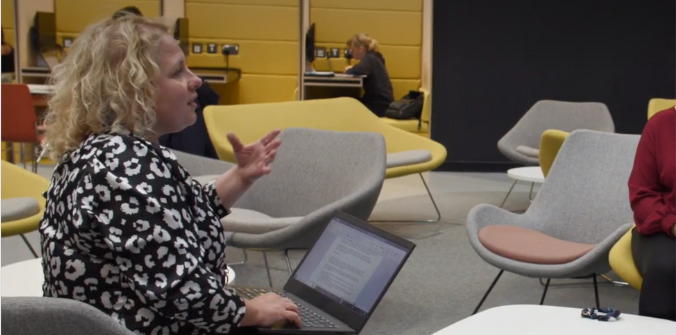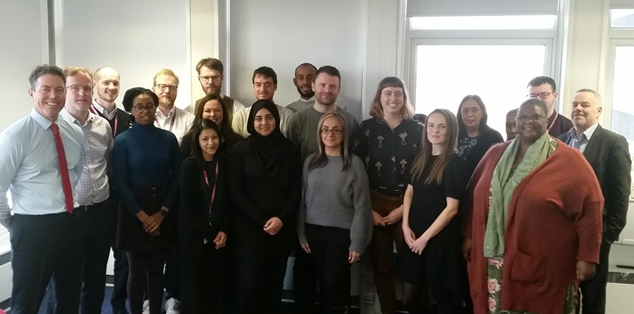Our approach
We see that improvement projects will only be sustained if the value they deliver is understood, agreed, and communicated effectively with everyone involved. To be successful, every person must understand why improvements are being made, how they will be affected, and how they will manage those changes. Visions for the future must be built on what an organisation, the people working within it, its customers, and any stakeholders tell us they need- not what we imagine they ‘should’ want.
So, we do things differently.
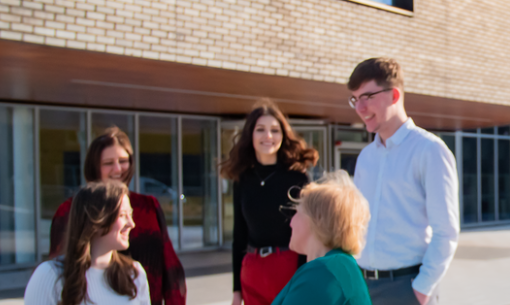
Building human connections
Seeing everyone as a human being first enables us to build the meaningful connections and trusting relationships that are essential for successful improvement projects. By remembering the limits of our own experience, we make space for diverse ideas. And by seeing people beyond our labels and differences, we can understand the root cause of a problem from everyone’s individual perspective.
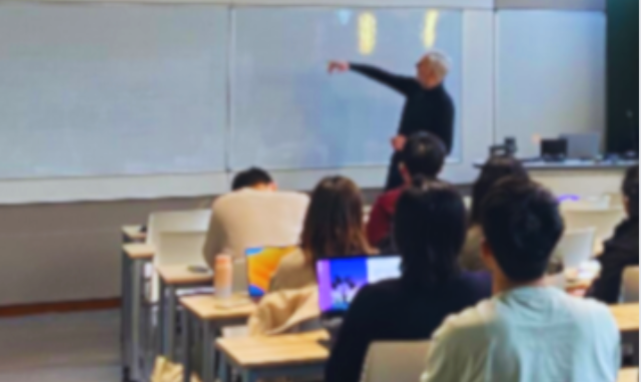
Creating and recording shared understanding
Too often, improvement works fail, or fail to be sustained, because their intended value is not understood by everyone who will need to change something about the way they work or behave. We all find change difficult, and we tend to only do it when we must, so there’s got to be value in it for us. So, a shared understanding of why we are embarking on transformation work, a clear vision for the future, and an enthusiastic commitment to delivering improvements from people at all levels can help to keep projects on track – especially when it feels tough.
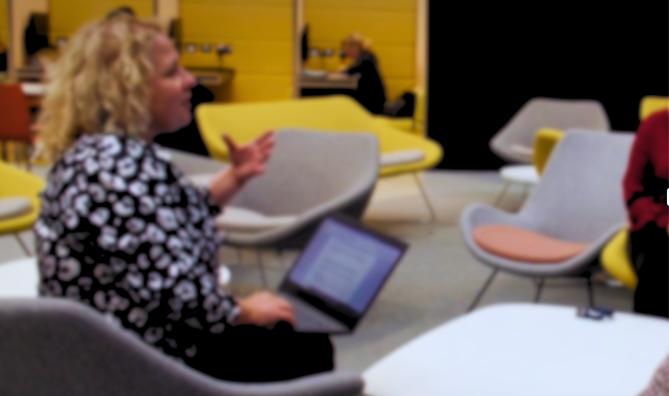
Developing a service plan to deliver a vision
With a shared understanding of why transformation work is important and what the vision for the future looks like, we can build a plan to deliver that vision. This work also helps to understand the costs involved in delivering a better service so that management decisions can be made on data-driven, cost-value propositions. And, using a combination of project management tools and techniques, 1:1 support and challenge, best practice for the sector guidance and measuring the things that matter, the outcomes of those management decisions can be sustained.
We measure

The value of the transformation work for service users, from their perspective.

The data the service tells us it’s useful to have, including the financial impacts of the work, in line with their stated aims.
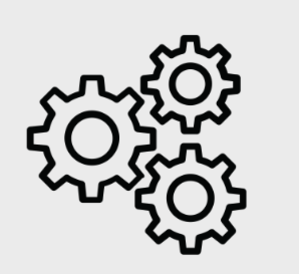
The processes, behaviours, and other ways of working that have been improved, from the perspective of people responsible for managing the service.
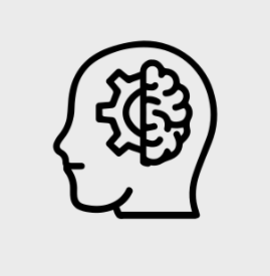
The improved wellbeing of the team, based on what they say matters to them, with the perspective from Mondrem that it’s reasonable to expect your work to be enjoyable and rewarding.
We typically use a combination of light-touch but deep-impact tools and project management methodology to capture and track the measures we know are essential for the success of a project. We bring our own best practice experience of the sector to support and challenge the leadership of a service beyond ‘good enough’ and into ‘brilliant’. Our clients often tell us it’s this outside perspective that is especially valuable to them.
Our core principles
Three core principles underpin everything we do.
1. Seek first to understand
Inspired by Stephen Covey, who was first inspired by St. Francis, seeking first to understand the perspectives of others is essential for effective leadership. We listen deeply, unconditionally, and openly, suspending judgement to make space for other positions. We meet discussions with empathy and ask people to ‘tell us more’ before we give advice. Our public service clients often tell us it’s the first time they’ve ever felt really listened to.
2. Create shared understanding
Shared understanding is the only foundation on which to build meaningful connections and successful change. We ensure the purpose, direction, and outcomes of a project or plan are important for everyone involved. We see that people are more likely to invest in ideas that are meaningful for them. And by listening to the perspectives of everyone involved in a project, we find insight we might not have considered alone.
3. Build human connections
Humanity is a vital part of understanding. We see our clients as brilliant, talented people who can do great things, but who are sometimes exhausted, fallible, and make mistakes. We help to improve the working lives of public servants by putting their wellbeing first. We use our tools to track employee wellbeing and forecast and organise upcoming work in manageable ways. People are at the heart of all we do – because we see the exceptional things they are capable of when given the time, support, and tools they need to thrive.


